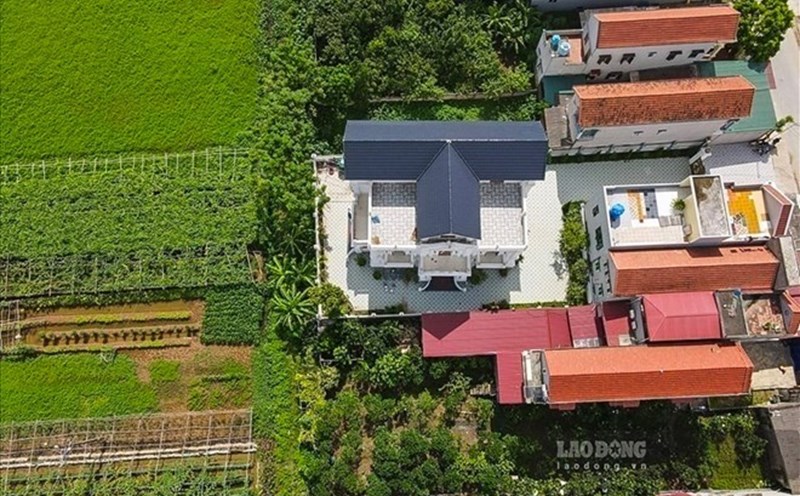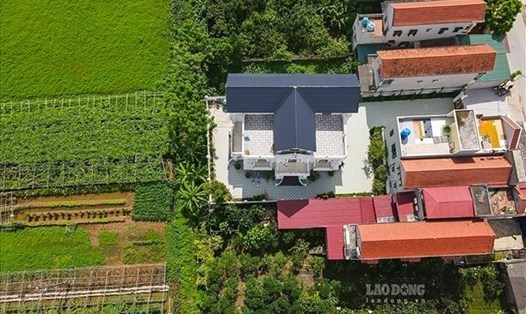Pilot land expansion for commercial housing projects
On the morning of November 13, authorized by the Prime Minister, Minister of Natural Resources and Environment Do Duc Duy presented a draft resolution of the National Assembly on piloting land expansion for commercial housing projects.
Accordingly, the Government proposes that investors negotiate to receive the right to use agricultural land, non-agricultural land that is not residential land, and other land in the same plot to do commercial housing projects, on a pilot basis for 5 years.
The selected pilot project must be implemented in an urban area, not part of a project that must be recovered. The pilot project must have a maximum of 30% of additional residential land area during the planning period (compared to the current land use status) according to the land allocation and zoning plan of the provincial planning until 2030.
The provincial People's Committee will consider and grant licenses to real estate business organizations to receive land use rights transfers. Along with that, real estate businesses must meet the conditions on land, housing laws, real estate business, and investment.
According to experts from the Vietnam Association of Realtors (VARS), the pilot scheme allowing businesses to buy non-residential land for housing projects is the right mechanism, not only removing legal difficulties for commercial housing projects that are "stuck" due to lack of residential land, but also increasing access to land, encouraging investors to develop projects, contributing to supporting increased housing supply for the real estate market.
However, the process of conversion and acceptance of conversion still needs the support of the State management agency. Because negotiating with people whose land is in the residential land planning for commercial housing can still be difficult because people do not want to convert or want to transfer at too high a price.
"The state plays the role of the largest land fund provider"
In the long term, VARS experts believe that regulating the State to play the role of the largest land fund provider, to implement socio-economic development projects through auctions or land use bidding will be an important solution to ensure a balanced market in the long term, and improve housing access for people.
Land fund development organizations need to review and arrange to create land funds suitable to local needs. To meet the housing needs of low-income households, the State can set aside a portion of the land fund to develop social housing projects, low-cost housing and resettlement areas. These projects will be implemented in the form of auctions or land allocation to development enterprises with conditions that prices can be more reasonable.
At the same time, create a land fund for commercial housing development large enough to organize auctions of land use rights for competitive enterprises. Ensure that small and medium enterprises can also participate in fair competition.
The auction process with clear procedures and full disclosure of information to avoid speculation and reduce pressure on land costs for small businesses. Because in reality, any real estate business wants to participate in the "game" of transparent land access through auctions and bidding.
According to VARS, this more transparent game will make it almost impossible for weak entities to “act”, and people will no longer have to “suffer” when buying slow-moving projects from “bare-handed” enterprises. The market will receive a more diverse supply from large-scale real estate projects, meeting the actual needs of the people.











